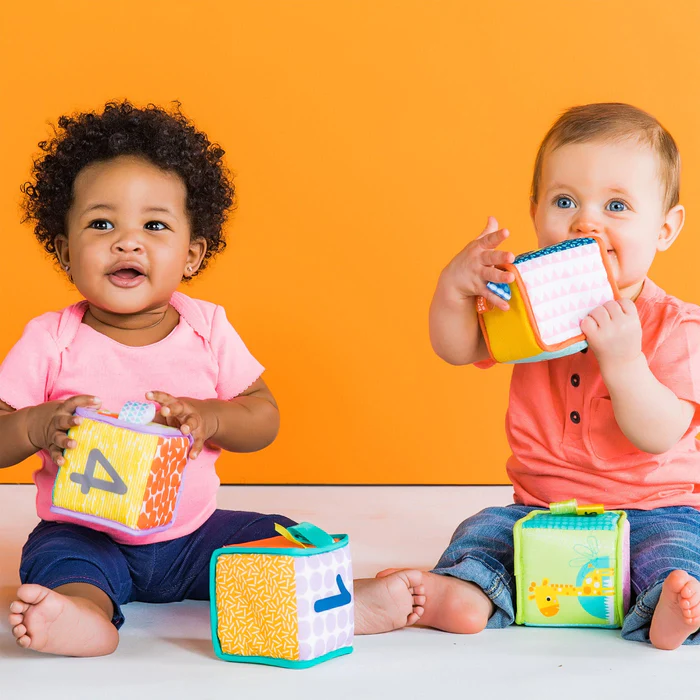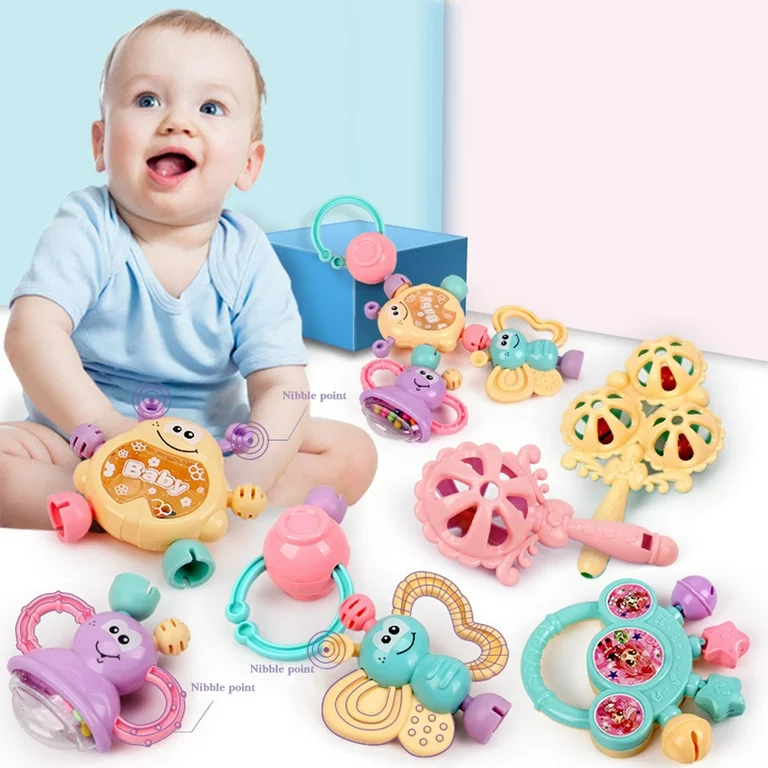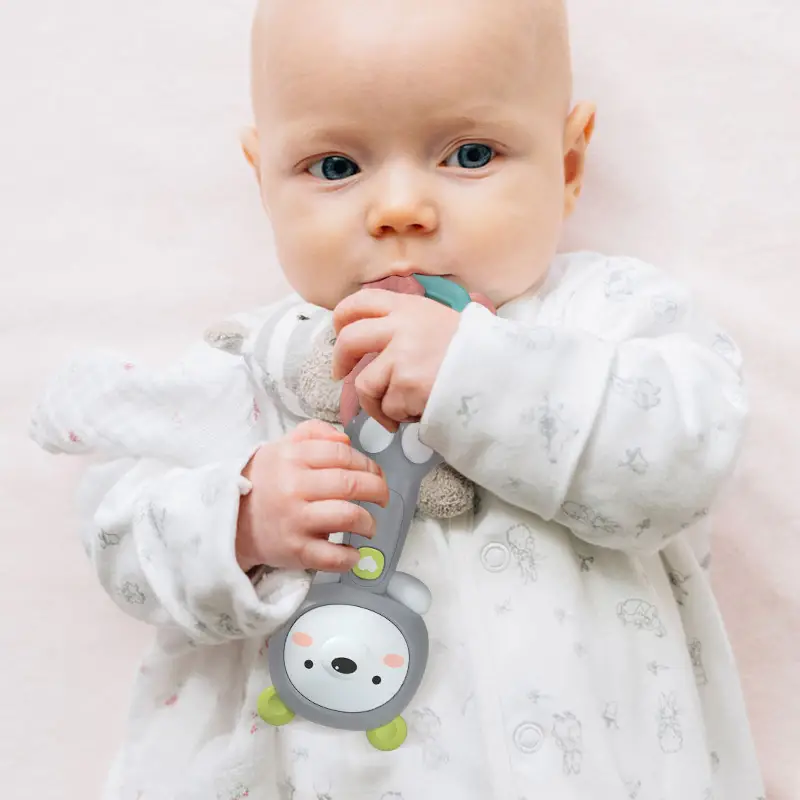Keeping Tiny Mouths Safe: How to Disinfect Baby Toys That Go in the Mouth
Little ones explore the world with their mouths, and their favorite toys often become prime targets for chomping and drooling. This natural curiosity, however, can expose them to germs and bacteria lurking on these playthings. Keeping these frequently mouthed toys clean is essential for your baby’s health. Here, we delve into effective methods for disinfecting toys that go in the mouth, ensuring a safe and stimulating playtime for your little explorer.
Why Disinfection Matters for Mouth Toys
Newborns and infants have immature immune systems, making them more susceptible to illnesses. Toys that frequently end up in their mouths can become breeding grounds for bacteria and viruses. Regularly disinfecting these playthings helps reduce the risk of infections like colds, ear infections, and stomach bugs.
Beyond Germs: Addressing Mold and Mildew
Bath toys and other frequently wet items are especially susceptible to mold and mildew growth. These can trigger allergies and respiratory problems in babies. Disinfecting these toys not only eliminates germs but also prevents the growth of mold and mildew.
Choosing the Right Disinfection Method
The best disinfection method depends on the type of toy. Here’s a breakdown of effective techniques for different materials:
-
Hard Plastic Toys: These toys can withstand the harshest cleaning methods. Wash them in warm, soapy water, then disinfect with a solution of one part white vinegar and three parts water. Rinse thoroughly and air dry completely. Alternatively, you can wipe them down with disinfectant wipes specifically designed for baby products.
-
Soft Plush Toys: Spot clean plush toys with a mild detergent solution. For a deeper clean, place them in a mesh laundry bag and wash on a gentle cycle with cold water. Air dry completely or tumble dry on low heat. Avoid harsh chemicals or bleach, which can damage the fabric.
Special Considerations for Mouth Toys:
- Teethers: Silicone or rubber teethers can be boiled for disinfection. Alternatively, soak them in a solution of one part white vinegar and three parts water for at least 30 minutes. Rinse thoroughly and air dry completely.
- Wooden Teethers: Wipe wooden teethers with a damp cloth and a mild soap solution. Let them air dry completely. Avoid soaking wooden toys in water, as this can warp them.
Additional Tips for Safe Disinfection
- Always follow the manufacturer’s instructions: Some toys may have specific cleaning recommendations. Check the label for any warnings or special instructions.
- Air dry completely: Never reintroduce a damp toy to your baby. Moisture promotes germ and mold growth.
- Wash your hands frequently: This is the most important step in preventing the spread of germs. Wash your hands thoroughly with soap and water before and after cleaning toys.
- Disinfect regularly: The frequency of disinfection depends on how often your baby plays with the toy. For frequently mouthed toys, daily disinfection is recommended.
Keeping Playtime Safe and Fun
Disinfecting baby toys doesn’t have to be a chore. Incorporate it into your regular cleaning routine. By following these simple steps, you can create a safe and healthy play environment for your little one. Remember, a clean and disinfected toy box fosters worry-free playtime and allows your baby to explore their world with confidence.
The Takeaway
Disinfecting toys that go in your baby’s mouth is an important part of ensuring their health and well-being. By following these tips and choosing the right disinfection method for each type of toy, you can create a safe and stimulating play environment for your little explorer. So go forth, disinfect those toys, and let the playtime fun begin!
Bonus Tip: Promote Healthy Habits
As your child grows, you can start introducing them to basic hygiene practices. Show them how to wash their hands before and after playing, and teach them not to put dirty toys in their mouths. This will help them develop healthy habits that will benefit them well into the future.
